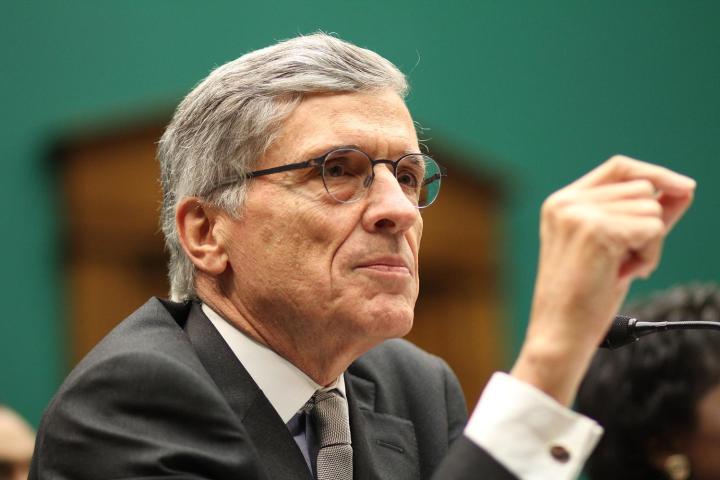
ISPs had challenged the FCC’s reclassifying of Internet access under Title II to prevent blocking and throttling, claiming that it violated their constitutional rights. The FCC countered by stating in its filing on Monday that Internet users do not interpret their Internet access as being the message of their ISP. Rather, the ISP merely delivers content and is classified the same way as a telephone company.
“When a user directs her browser to the New York Times or Wall Street Journal editorial page, she has no reason to think that the views expressed there are those of her broadband provider,” said the report.
“Instead, when providing Broadband Internet Access Service, broadband providers function (and are understood by their users to function) simply as conduits for the speech of others, not as speakers themselves.”
“The Supreme Court has repeatedly cautioned that common carriers do not share the free speech rights of broadcasters, newspapers, or others engaged in First Amendment activity.”
The FCC said that ISPs, if they wish, can distance themselves from speech they don’t agree with by communicating that message to their customers through their website or on bills. The Commission added that regardless of whether or not First Amendment rights applied to ISPs in this case, the net neutrality rules would still stand.
Throughout the net neutrality debate, several ISPs have argued that their constitutional rights would be violated by creating new rules governing Internet speeds and access. Verizon, for example, first made such a claim back in 2012.
A Texas provider called Alamo is currently challenging the net neutrality rules, arguing that an ISP is more like a cable provider that chooses what television channels to carry. The FCC again disagreed, saying that cable providers have limited technological capacity in offering channels. Similar challenges do not exist for ISPs to hinder access to any legal Internet sites. A hearing for further arguments will be held on December 4.


